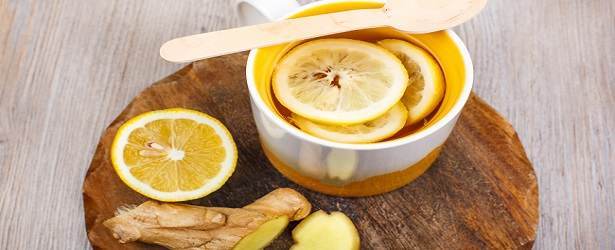Gout Home Recipes
One of the main treatments for gout is making a few healthy dietary changes. Changing the way that you eat can be tough, but with home recipes for gout relief you can fit in the foods that you need to control gout. Adding in fresh fruits and vegetables nature’s own anti-inflammatories, while lowering your intake of foods that raise uric acid can help reduce your symptoms quickly.
The symptoms of gout are caused by excess uric acid in the blood. This is a by-product of purines in the diet. Normally, you flush uric acid out through your kidneys. In gout, excess uric acid turns into sharp, painful crystals that lodge into the joints. This causes symptoms like; swelling, severe pain, redness and heat in one or more joints. Gout can come on suddenly and be very disabling during an acute flare.
When you are diagnosed with gout, one of the first things your doctor will explain is that you will need to lower your intake of purine foods. These include; red meat, sardines, beer, and organ meats. Also increase your daily intake of water from 8 to 12 glasses of water each day. This can help flush out uric acid from your body. Below are some home recipes for gout relief:
Home Recipes For Gout Relief
- 4 Carrots, 1 ounce Strawberries (fresh), 1 slice Pineapple, 1 Lime, 1 Mango, 1 small Cucumber. Cut up and place in juicer or smoothie maker and drink twice daily. This can help lower inflammation and swelling and prevent future gout attacks.
- 1 ounce Cranberries, 1 Qt Cold Water. Boil together for 3 minutes. Pour through a strainer. Drink 3 glasses a day to help flush uric acid from your body.
- Tomato Juice. Drink 3 glasses a day to help flush out uric acid.
- Baking Soda and water. Mix just enough water into baking soda to make a paste. Rub onto affected joints. Baking soda is a natural anti-inflammatory.
- 3 drops Rosemary Oil, 1 tbsp. Soy Oil. Mix together and rub onto affected areas to help relieve pain naturally.
- 1 tbsp. Vinegar, 1 tbsp. Wheat Bran, 2 Garlic Cloves (crushed). Mix together into a poultice and apply to swollen joint(s).
- Oil of Elder. Use full strength on a cotton ball or pad and lay on affected area.
- Bananas, Parsley, Cherries, Watermelon and Citrus Fruits. Include generous amounts of these in your diet each week. They can help the body get rid of the excess uric acid in the blood. Vitamin C rich foods can break down uric acid. Bananas have potassium, folic acid, and vitamin C to help reduce gout symptoms. Parsley is a low purine garnish that has vitamin C and folic acid. Watermelon is a great anti-oxidant and cleans the blood.
Helpful Tips for Gout
In addition to the home recipes for gout relief above, use the following tips to help reduce your discomfort:
- Try to stay off your feet during an acute gout flare. Pressure to the affected joints increases inflammation and pain. Elevate painful swollen joints on pillows.
- Use a wrap. Compression and immobilization can help keep your painful joints stable.
- Avoid ice or heat. Heat increases blood flow to the area and can make swelling worse. Ice can cause more irritation to the affected area.
- Wear properly fitting shoes. If you have an inflamed toe or ankles, shoes that are too tight will increase irritation and discomfort. You can add special insole pads to help cushion and decrease friction.

 Subscribe Now
Subscribe Now












